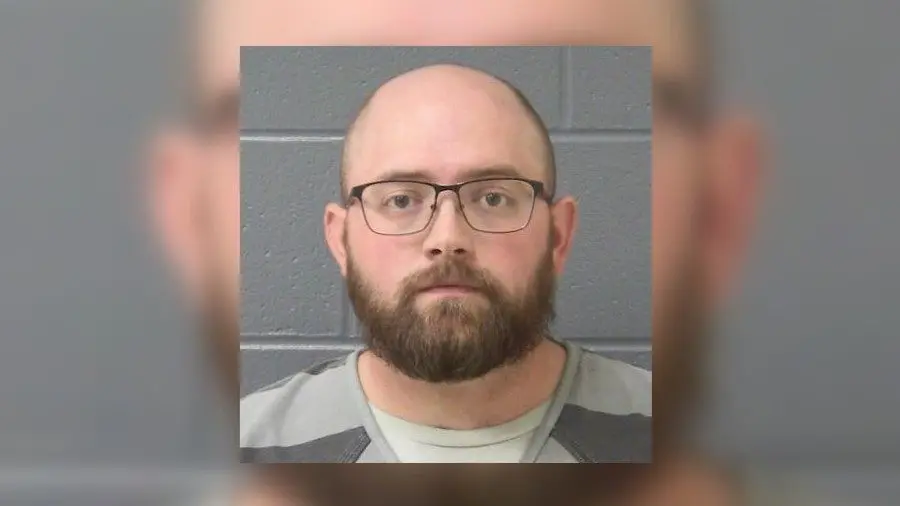(The Center Square) – Democrats in the Washington State Legislature are moving ahead with a bill to cap rent increases at 5% a year and place limits on fees that are charged by landlords.
Rep. Emily Alvarado, D-Seattle, is the prime sponsor of House Bill 2114, which would cap late fees and move-in fees, in addition to prohibiting landlords from charging different rent prices and fees for month-to-month tenants.
She argues new laws capping rent increases and fees are essential to keeping people in their homes. Alvarado said her proposed legislation would help provide predictability for renters.
Not everyone agrees.
During a public hearing Wednesday, Jeff Pack with Washington Citizens Against Unfair Taxes, told lawmakers on the House Appropriations Committee, “When I see a bill like this, I have to wonder what you people are thinking because this has no basis in reality.”
“You want to tell me how much I can raise the rent; you want to tell me how to manage my property, what I can put in a contract, how much I can charge for a pet deposit,” he said. “Landlords have crap for rights in this state.”
HB 2114 and other bills like it face opposition from Republicans, developers, and landlords who say capping rents will disincentivize construction and exacerbate the housing shortage crisis.
Krista Connelly traveled from Spokane to Olympia this week hoping to meet with Senate Majority Leader Andy Billig, D-Spokane, who she said has been fair in the past when it comes to rent control matters.
Billig was unable to meet with Connelly, who didn’t have an appointment.
Connelly told The Center Square she wants lawmakers to simplify the process for tenant notification when it comes to rent and fee increases.
“I have a 160-unit mobile home park and every tenant has a different anniversary for a potential rate increase,” she explained.
“Doing notices for each anniversary date for tenants and notices going out, it’s a lot,” Connelly continued. “This year our garbage bill has gone up more than 20%, not to mention all the other expenses, and they’re talking about a 5% cap on rent, so I’d be in the negative at that point and trying to continue to maintain my property would be very difficult to do.”
Attorney Eric Steven, who traveled with Connelly from Spokane, told The Center Square, “It’s an administrative burden in how you have to manage the park, and we need efficiency in these parks, and we need to incentivize landlords and help them work more efficiently and more effectively, and that’s how you get to real natural rent control.”
House Bill 2008, sponsored by Rep. Mark Klicker, R-Walla Walla, would create a task force on housing cost driver analysis.
“Let the dust settle on the last three years of progressive policies and rent control, and let’s support HB 2008,” Klicker said, going on to note the legislation “would require the appointment of a group of experts to figure out what the real market drivers are for rental inflation and quell all these knee jerk reactions to try and combat rental inflation.”
During a Tuesday media availability event, The Center Square asked Billig about rent control legislation and where he stands.
“I’m quite open-minded,” he replied. “I think that we have a crisis in housing both in terms of supply and in terms of affordability.”
Billig went on to say, “I’m looking for a bill that will get the balance right to help people now, to limit significant increases and to provide better notice if there are going to be increases, but at the same time to balance that to make sure that we’re not constraining supply in the long term.”
Steven railed against state regulation of the amounts charged for rented housing.
“Rent control has failed across this country, and there is not an economist in this land that believes rent control is a good thing, but we have all these people clamoring for it, and it’s really scary,” he said.
“It’s going to cause more exodus of mom-and-pop owners, and we’ve already lost 19% in the last two years; those are single-family dwellings that got absorbed into the homeownership market and taken off the rental market.”
“We’re headed back to the days of subsidized housing and the projects, which is not good news for anyone,” Steven concluded.




